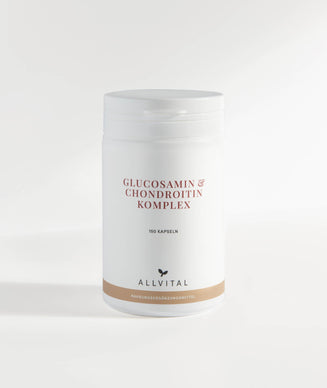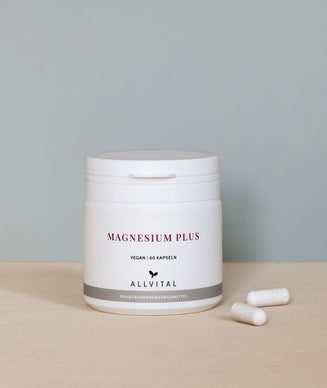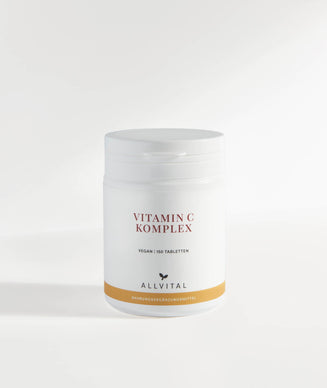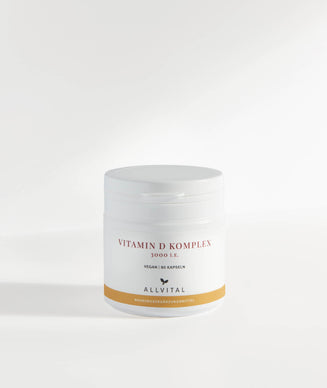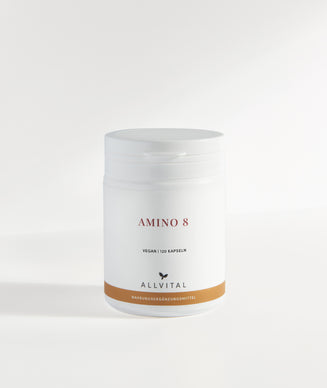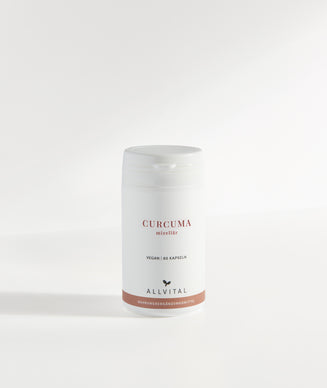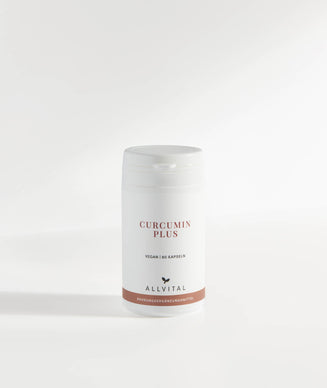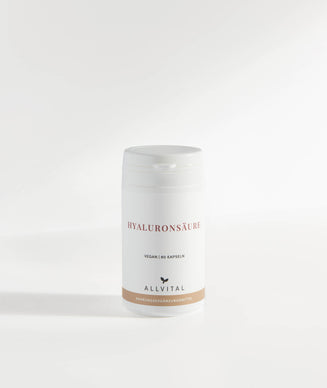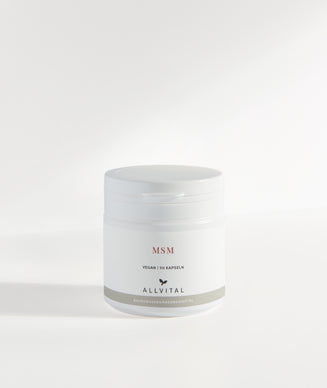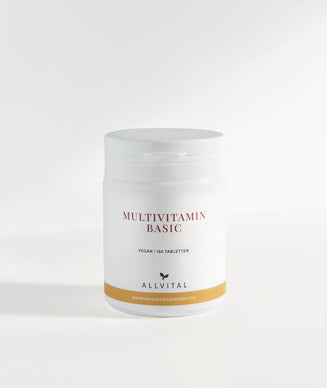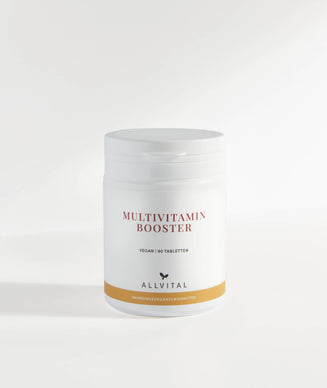Muscles & joints
Muscles and joints are part of our musculoskeletal system. They are important for locomotion and for maintaining the body. Muscles also have many other functions. For example, they are important for metabolism and for the production of various messenger substances. Healthy muscles and joints enable smooth, free movement and are vital for an active life. Regular exercise as well as an optimal supply of required nutrients promote the health of muscles and joints.
Muscles consist of one fifth proteins. As building blocks of proteins, amino acids serve as the primary nutrients of our muscles. Not all amino acids can be produced by the body itself and must be supplied through food (so-called essential amino acids). For muscle contraction, healthy muscles need sufficient minerals such as calcium and potassium. The mineral magnesium plays a role especially in muscle relaxation. In addition, an adequate supply of vitamin D is important.
Strong muscles keep us healthy. In addition to the optimal supply of required nutrients, muscles are strengthened through regular exercise and joints are stabilised.
Joints form a movable connection between two or more bones. The ends of the bones are covered by an elastic layer of cartilage which serves as a cushion for the bones and absorbs shocks. Glucosamine sulphate and chondroitin sulphate are important components of articular cartilage. Healthy joints also need an adequate supply of minerals, vitamins, and trace elements. Vitamin C, for example, is important for the formation of collagen in cartilage.
Cartilage does not have its own blood supply, and its ability to regenerate is limited. In addition to an adequate supply of nutrients, cartilage can be kept healthy with regular exercise which promotes regeneration of articular cartilage and keeps joints supple.
selected with care
Our ingredients
All our ingredients are selected with the utmost consideration for origin, quality and the environment.



